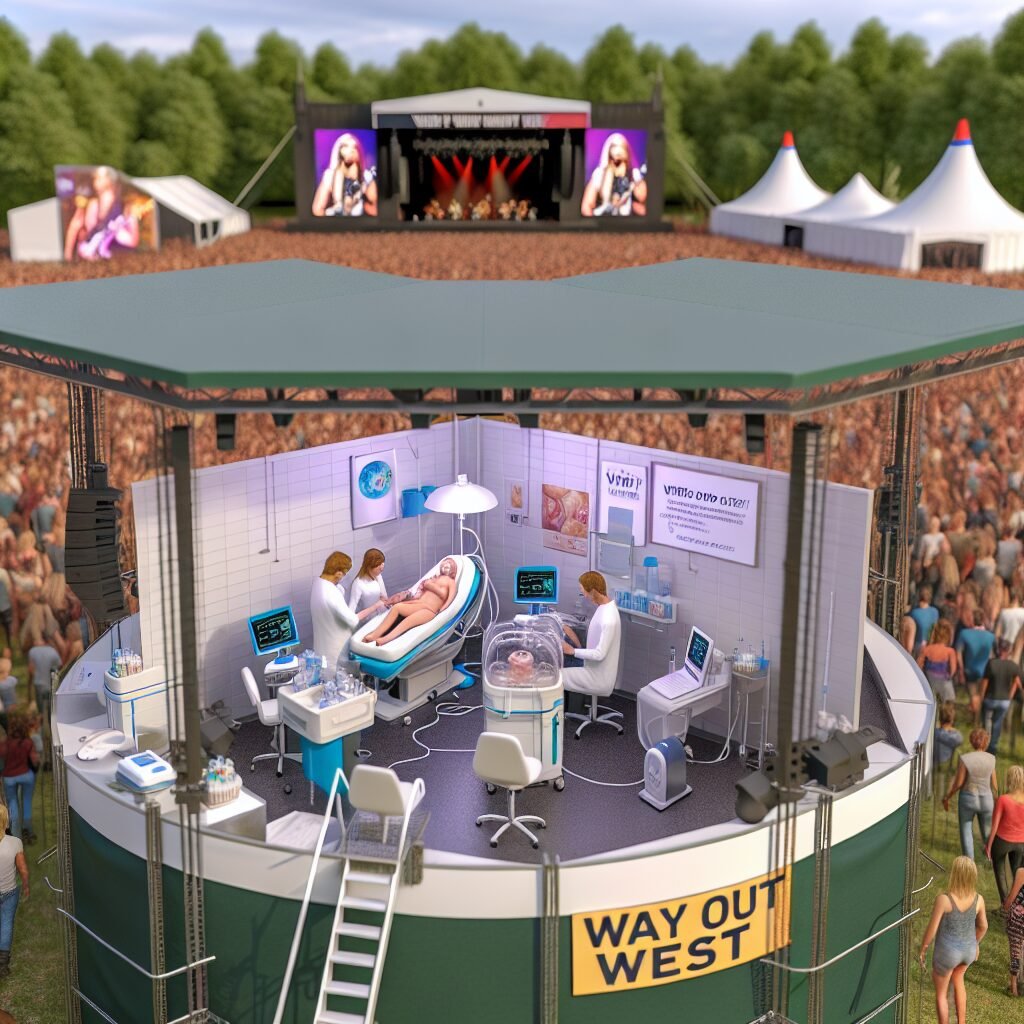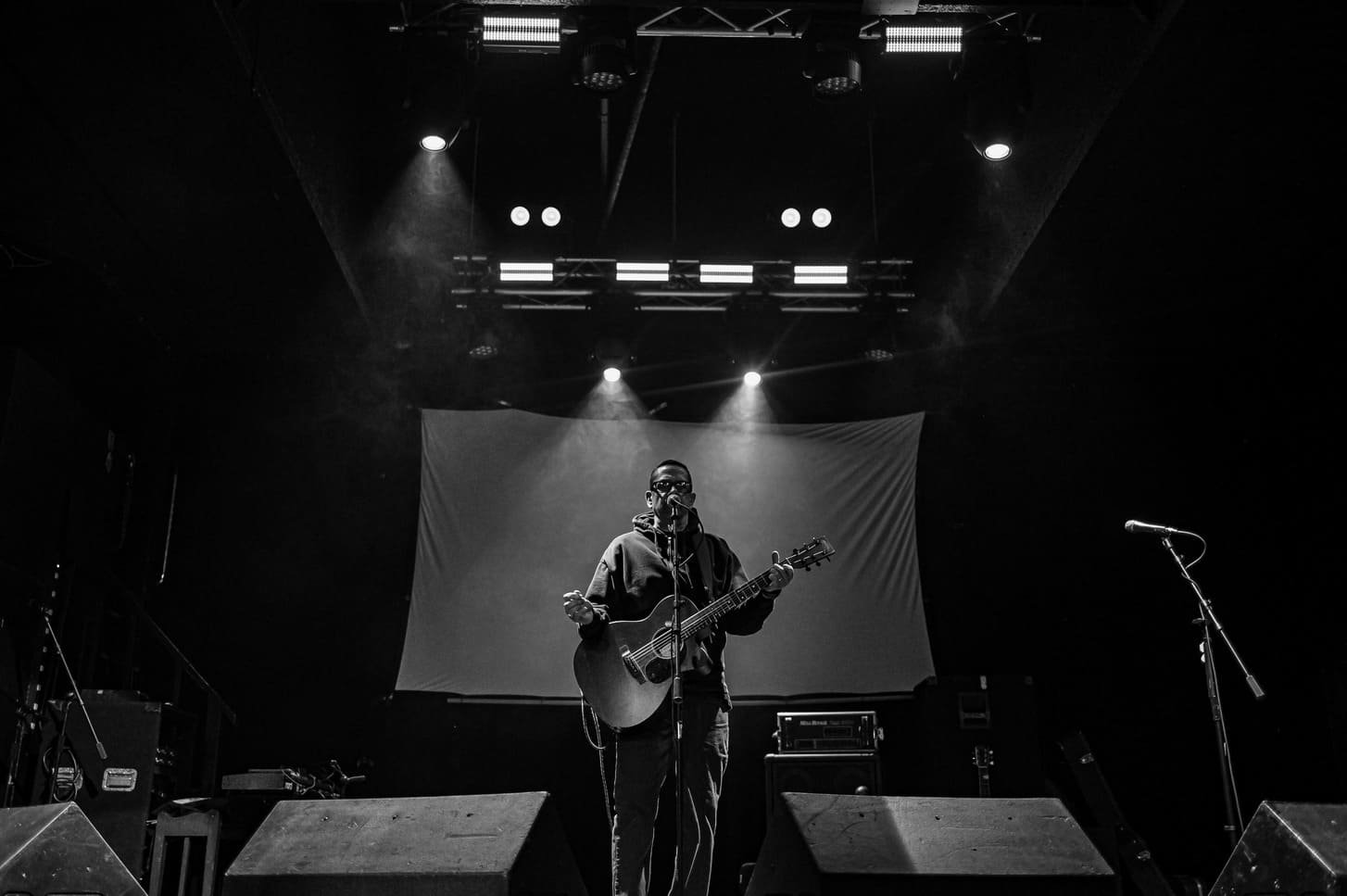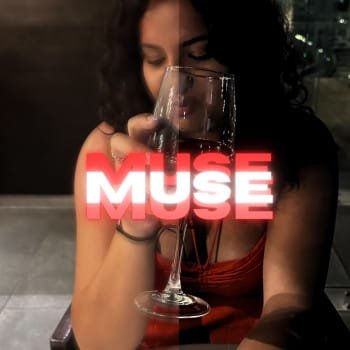The annual Way Out West Festival in Sweden is taking a unique approach to creating future music fans. In collaboration with an IVF clinic, the festival has created a mini-stage specifically for IVF treatments.
The idea behind this unconventional stage is to “inject” live recordings by the headlining artists into the DNA of embryos at the earliest stage possible. This means that the babies born from these IVF treatments will have a predisposition towards the music of the festival’s top performers.
The festival’s organizers believe that this is a way to not only promote the festival, but also to potentially create a new generation of music lovers. In a statement, they said, “We want to give these babies a head start in their musical journey and hopefully, they will grow up to be fans of great music.”
The IVF stage will be set up at the festival grounds and will be available for couples undergoing IVF treatments. The live recordings of the headlining artists will be played during the embryo transfer process, with the hope that the music will have a positive impact on the development of the embryos.
While this may seem like a far-fetched idea, the festival’s organizers are confident in its potential. They have partnered with a reputable IVF clinic to ensure that the process is safe and ethical.
The Way Out West Festival has always been known for its innovative and progressive approach to music and this latest initiative is no exception. It is a bold move that has sparked both excitement and controversy.
Some critics have raised concerns about the ethical implications of using music to influence the development of embryos. However, the festival’s organizers have assured that the process is completely voluntary and the couples undergoing IVF treatments have given their consent.
The IVF stage at the Way Out West Festival is a one-of-a-kind concept that has never been done before. It will be interesting to see the results and whether it will truly create a new generation of music fans. But one thing is for sure, it has definitely sparked a conversation about the intersection of music and science.



